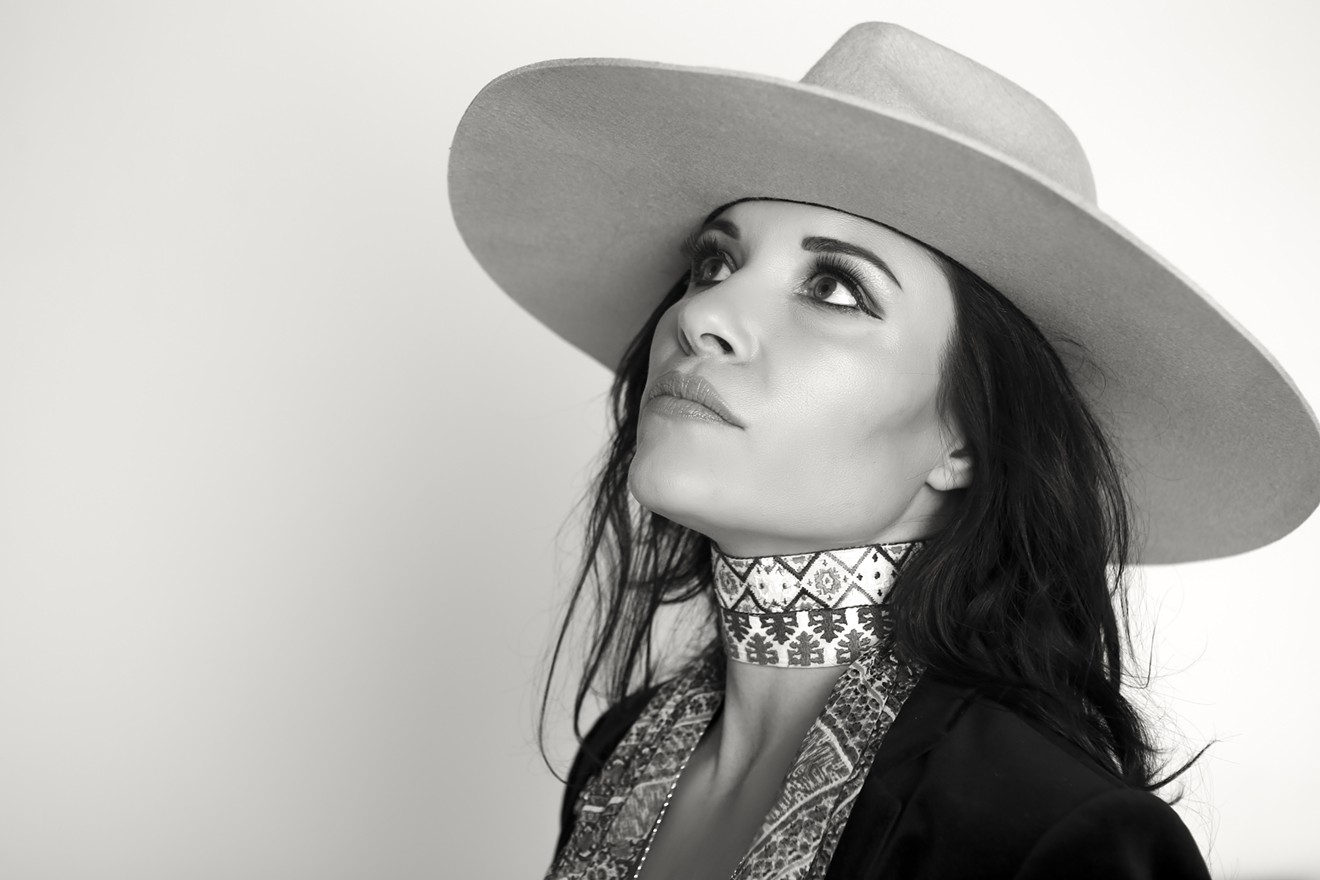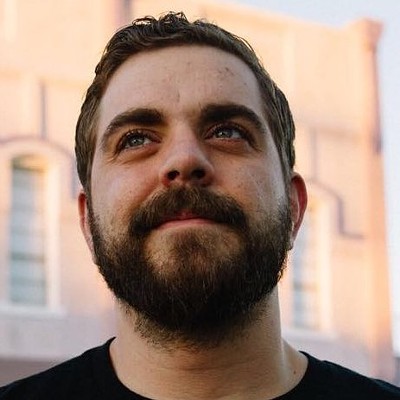Upon finding out her interviewer's affinity for punk rock music, however, McNally excitedly explains the core connections between punk, country and really, all music.
"There's a lot of intersections between punk rock and country music," she says. "Most of the Texas country musicians are pretty punk rock when it comes down to it. They're not playing overdrive guitars and racing real fast, but they do exist on the other side of convention."
While the two genres may appeal to the ears of very different listeners, McNally explains that behind the veneer of the music rests a similar urge to resist what is expected of us by the powers that be.
"If you can peel away the sonic differences, you'll see a lot of the same motivating forces," she says. "Punk rock is a dedication to disobedience, and at its core, that's what country music is and was."
This is something that, as McNally explains, is embodied by some of the biggest names in country music songwriting and performance.
"No one was more punk rock than Johnny Cash," she says. "Good country music stems straight from Johnny Cash and Waylon Jennings and Guy Clark and Willie Nelson."
When it comes to her own music, McNally believes that songwriters should always be searching for shared connections through common experience.
"To me a good song is one that I can remember after hearing it once," she says. "It's melody and a succinct communication of a nuanced thought that is simultaneously universal.""Punk rock is a dedication to disobedience, and at its core, that's what country music is and was." — Shannon McNally
tweet this
The ability to do that kind of succinct communication is present in the classic songs that fans of both punk rock and country music hold dear.
"'Crazy' by Patsy Cline is a song about falling in love with somebody when you can see the arch of the relationship and do it anyway," McNally says. "The melody is instantaneously memorable."
McNally finds that the kind of nuanced simplicity that makes "Crazy" such a great and memorable song is the same reason that a song like "Blitzkrieg Bop" is so memorable.
"Take the Ramones — they are actually incredibly nuanced," McNally says. "They had humor and they had complete dedication to jarring you out of your complicity."
In thinking about her own songwriting process, McNally recognizes that though she might not be talking about the same subjects as her punk counterparts, she is driving at the same kind of listener experience.
"I want to write songs, I want to write something that is going to stick with you," she says. "When people lay down at night, they are haunted by the endless amount of shit they hear and see all day long. I just hope in those quiet hours, a song that I write relieves some itch, some worry, something that the listener is not getting to on their own — some peace."
Not that peace always comes so quietly. McNally says that both genres do the work of meeting people where they are at and giving them what they need to feel better about themselves and their place in the world.
"Punk brings peace to people too," she says. "It does it coming from the opposite direction. Some people need to just fucking scream at the end of the day and rage. It's a release mechanism."
While McNally does not share this need to scream, she does see the purpose of finding the right music to make one's mind feel right.
"I don't need to scream at the end of the day," she says, "but I appreciate anybody who feels like they need to just bang their head against a wall. Volume is medicinal the way it can drown out something else. It's all brain chemistry."
Genre divisions may exist to make people feel more comfortable, to make it easier to establish our identities. In reality, genre divisions are ultimately meaningless because all music — all good music, that is — wants to wake its listeners up and pry their minds open, as McNally wants her own music to do.
"I want to trigger listeners' brain chemistry, so that it releases the right chemicals," she says. "I don't want to write something that just floats over you while you're doing something else — something that's inoffensive and unjarring. I want to spike their consciousness."












